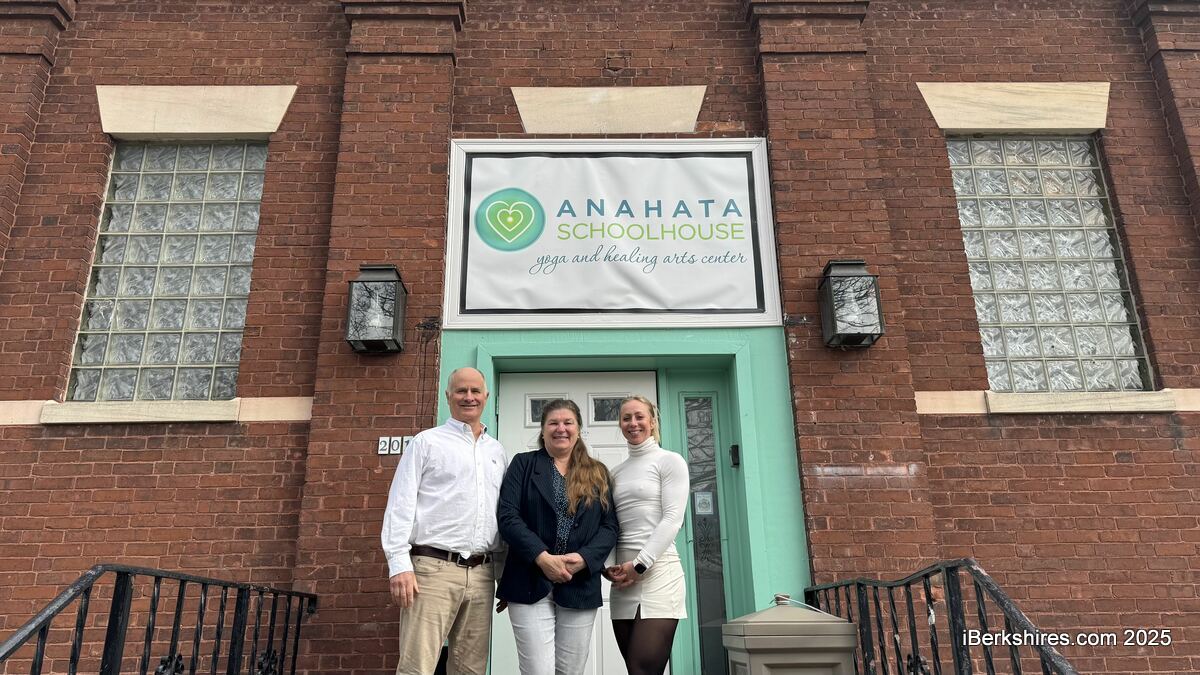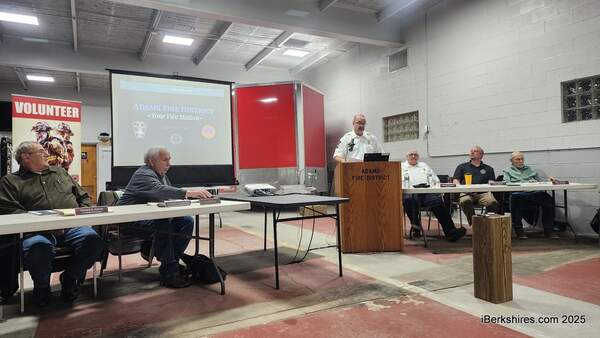Letter: Time to End the MCAS Graduation Requirement
 |
To the Editor:
As a parent, public educator, and school committee member, I urge you to vote YES on Question 2 and eliminate the MCAS as a graduation requirement.
During my career, which includes four years as an MCAS administrator and national recognition for my contributions to the field of assessment, I've seen firsthand the significant resources consumed by this test and the stress it causes for students and educators alike. Modern assessment practices show that learning is best measured through meaningful, real-world activities, not high-stakes standardized tests. When used correctly, assessment empowers students as learners and teachers as professionals.
Instead, the MCAS graduation requirement has become a barrier to success disproportionately affecting students of color, low-income students, English language learners, and students with disabilities — widening achievement gaps instead of closing them. Some say that this is a non-issue because most students who initially fail the MCAS eventually pass through retakes or appeals. But marginalized students struggle with retakes more than their peers, creating unfair obstacles to graduation and increasing drop-out rates. To be clear, these students are not less capable: they are being failed by a system that isn't meeting their needs. The MCAS provides useful data to hold systems accountable for rigorous, fair learning outcomes in Grades 3-8 without making students bear the consequences of our failure to serve them equitably; why can't the same apply to sophomores?
Ending the MCAS graduation requirement wouldn't lower standards. Quite the opposite: schools could shift the time, energy, and money currently spent teaching to a narrow test toward more well-rounded learning experiences like those outlined in the grassroots Portrait of a Graduate initiative and the Mass Core program of studies, spotlighting classes like civics, the arts, social sciences, technology, and foreign language and competencies like communication, critical thinking, and lifelong learning.
This type of education helps students engage with real-world challenges in their communities and gain the skills employers and colleges value way more than test scores from two years before graduation. If the Legislature would like to adapt these models into an authentic assessment system — and fund it appropriately — I would be happy to volunteer my time and expertise to help design it.
Forty-two states have eliminated standardized tests as a graduation requirement. It's time for Massachusetts to do the same. Let's invest in authentic student success, not just test-taking skills. It starts by voting YES on Question 2 this fall.
Erin Milne
Adams, Mass.
The author serves on the Board of Directors for the Association for the Assessment of Student Learning in Higher Education and is vice chair of the Hoosac Valley Regional School Committee. A version of this letter which includes hyperlinks to sources can be accessed here.
Tags: MCAS,
















